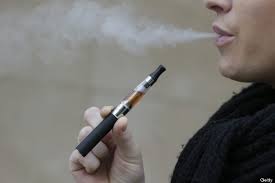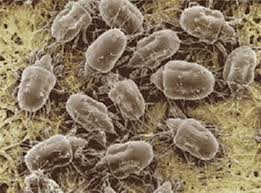
Using a sterile saline nasal spray is a safe, effective way to rinse nasal passages of irritants that can cause sniffles, sneezing, and discomfort.
As the ragweed season intensifies across the nation, many allergy sufferers turn to an often recommended approach to avoiding the symptoms by rinsing their nasal passages.
Eliminating pollen, dust, pet dander or any other allergic trigger from your sinuses can be the best way to avoid itchy nose and eyes, sneezing and sinus congestion and pressure often associated with seasonal allergies.
Recently, the Food and Drug Administration issued a consumer alert about Neti Pots and sinus rinse kits that people use to clean out their nasal passages. The therapy works by filling the containers with saline and then pouring the water through the sinuses to get rid of pollutants.
The FDA’s is concerned about the potential for harmful bacteria to develop when people use non-filtered tap water or do not clean the containers effectively. Additionally, the FDA warns that some manufacturer instructions provide misleading or contradictory guidelines for using their products.
Medical practitioners like Ed Neuzil, PhD, MSN, ARNP-BC, FAANP and owner of an allergy, asthma and sinus practice in Central Florida often recommends nasal therapy for his patients but he is worried about suggesting the traditional sinus rinses.
“The reports of two recent deaths due to patients who used contaminated water in their sinus rinse containers is certainly concerning,” said Neuzil. “I’m hesitant to suggest these methods because of the potential risk. But I’ve also had much resistance from patients who don’t like the mess, discomfort and amount of time it takes to use the Neti Pot.”
Neuzil developed an easy-to-use, safe alternative to the traditional nasal therapy tools: an herbal-enhanced nasal cleansing spray that is made with a sterile saline-based solution with natural essential oils.
“There are so many potential risk factors with people mixing their own nasal rinse solutions,” said Neuzil. “Making the process convenient and safe is likely to encourage more allergy sufferers to be compliant with nasal therapy which will ultimately lead to a better quality of life for them.”



